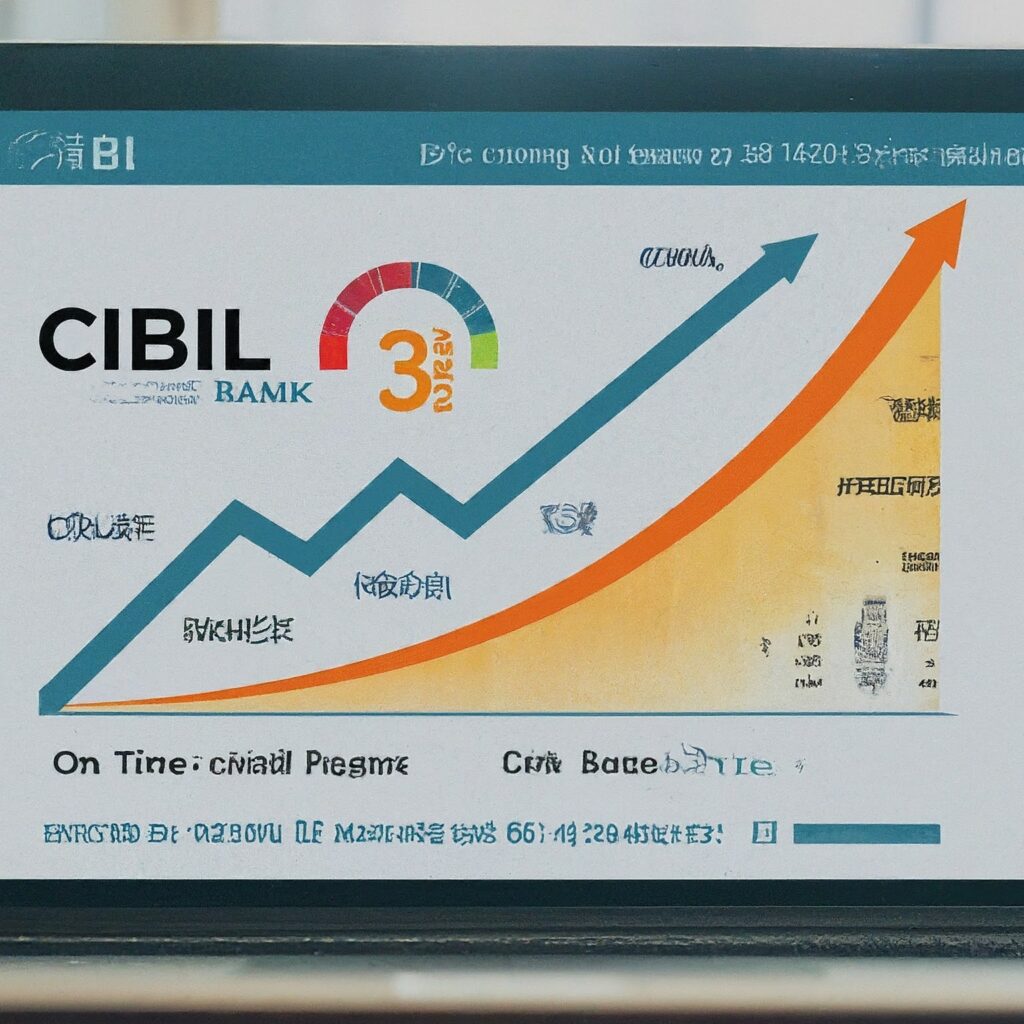In today’s competitive business landscape, a strong financial reputation is crucial for MSMEs (Micro, Small, and Medium Enterprises). This is where the CIBIL MSME Rank (CMR) comes in. It acts as a vital tool for lenders to assess your creditworthiness and helps unlock new financial opportunities for your MSME.
What is the CIBIL MSME Rank (CMR)?
The CMR is a credit risk ranking system designed specifically for MSMEs in India. It assigns a rank between 1 (best) and 10 (worst), indicating your MSME’s creditworthiness based on your credit history. A lower CMR signifies a lower risk of default and a higher likelihood of securing financing with favorable term s.
How is the CMR Calculated?
CIBIL utilizes a sophisticated algorithm to calculate your CMR. This algorithm considers various factors in your credit history, including:
- Repayment History: This is the most critical factor, encompassing your history of on-time payments for loans and credit lines.
- Outstanding Debt: The amount of current debt your MSME carries plays a significant role.
- Credit History Length: A longer history with responsible credit management can positively impact your CMR.
- Credit Mix: The types of credit your MSME utilizes (e.g., business loans, credit cards) are factored into the ranking.
- Credit Inquiries: Frequent loan applications can be seen as a sign of potential financial strain and may negatively affect your CMR.
Why is a Good CMR Important for Your MSME?
A strong CMR offers numerous benefits for your MSME’s financial well-being:
- Faster Loan Approvals: A favorable CMR (ideally between 1-3) can significantly expedite the loan approval process, as lenders view your business as a lower risk.
- Competitive Interest Rates: With a good CMR, you’re more likely to negotiate better interest rates on loans, leading to significant cost savings.
- Enhanced Bargaining Power: A strong CMR empowers your MSME to negotiate favorable terms with suppliers, vendors, and potential business partners.
- Improved Reputation: A good CMR signifies financial responsibility and can enhance your MSME’s overall reputation in the market, attracting new opportunities.
Strategies to Improve Your CMR
Building a strong credit history is a continuous process. Here are some key strategies to improve your CMR:
- Maintain Consistent On-Time Payments: This is the single most important factor in improving your CMR. Make all loan and credit card payments on time, every time.
- Manage Credit Utilization Wisely: Keep your credit utilization ratio (outstanding debt compared to credit limit) below 30%.
- Minimize Hard Inquiries: Avoid applying for multiple loans simultaneously, as each application generates a “hard inquiry” that can impact your CMR.
- Monitor Your Credit Report: Regularly check your CIBIL report for errors or discrepancies. Report any inaccuracies promptly to maintain a clean record.
- Seek Professional Help: If you’re struggling with credit challenges, a credit repair agency can offer guidance and strategies to improve your CMR.
Conclusion
The CIBIL MSME Rank serves as a valuable tool for lenders to assess your MSME’s creditworthiness. By understanding what CMR is and how to improve it, you can position your business for financial success. Remember, building a strong credit history takes time and discipline. By implementing these strategies and demonstrating responsible financial practices, you can climb the CMR ladder and unlock a brighter financial future for your MSME.


